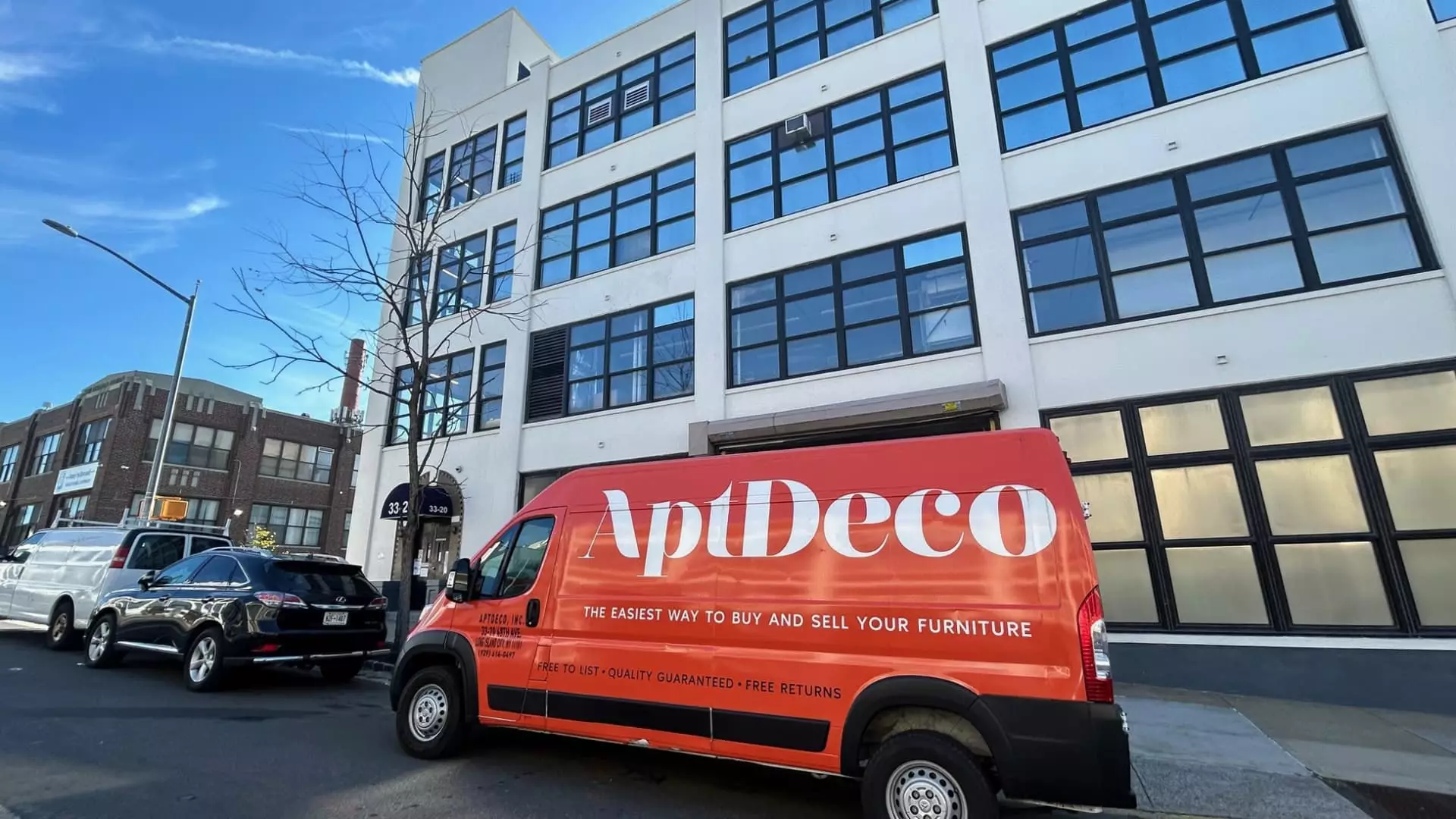The environmental impact of discarded furnishings is a threat that consumers and businesses alike are battling to mitigate. In the United States, approximately 12 million tons of furniture are discarded annually, a staggering figure that represents a significant strain on our landfills. The Environmental Protection Agency highlights that much of this waste is relatively recent, often less than fifteen years old. This statistic raises important questions regarding the lifecycle of furniture and the challenges associated with recycling it.
In many respects, furniture disposal is complex and cumbersome. Unlike clothing, whose resale and recycling have found a thriving niche in platforms such as Poshmark, Depop, and Thredup, the large volumes and intricate logistics tied to furniture complicate the selling process. Online marketplaces such as Craigslist and Facebook Marketplace exist, but they place a great burden on the consumer. It is often up to individuals to manage the disheartening tasks of transportation and delivery, which not only poses logistical challenges but also invites safety concerns. The discomfort of interacting with strangers for pick-up and delivery adds layers of hesitance to potential sellers and buyers.
Amidst this backdrop of waste and inefficiency, AptDeco emerges as a game-changer. Founded in New York, the startup provides an innovative online marketplace specifically aimed at facilitating the buying and selling of pre-owned furniture. What sets AptDeco apart is not only its digital platform but also its logistical solutions. Unlike other platforms where logistics are the responsibility of the individual, AptDeco takes these burdens on itself, offering pickup and delivery services that streamline the resale process. Such a model not only makes it easier for consumers to declutter their homes but also enhances the accessibility of second-hand furniture to buyers.
The collaboration with prominent furniture retailers including West Elm and Pottery Barn has further solidified AptDeco’s position in the market. By reselling returned items and floor models, the startup fills a sizeable gap in the circular economy. This partnership approach is an effective strategy, as it directly addresses the waste created throughout the retail process, minimizing the environmental footprint associated with transporting unsold goods back to warehouses.
The environmental implications of AptDeco’s model are substantial. Reham Fagiri, the founder and CEO, states, “By extending the lifecycle of furniture, overall it’s just better for the environment.” This philosophy resonates with consumers like Kathleen O’Brien, who emphasizes her commitment to reducing her environmental footprint. The ability to purchase quality furniture at a reduced price—often up to 50% off retail—while simultaneously contributing to sustainability efforts is increasingly appealing to conscious consumers.
However, while AptDeco offers significant savings opportunities for consumers, the pricing structure also warrants attention. The company retains a percentage of the sale, which can range from 15% to as high as 60%, dependent on various factors such as brand, condition, and item type. This fee is a necessary component of the business model, providing the resources required to operate the logistics and support the marketplace.
AptDeco’s model of sustainability and efficiency has not gone unnoticed by investors. With a presence across almost the entirety of the United States, excluding Alaska and Hawaii, the company’s potential for growth excites investors. Prominent backers, including Initialized Capital and Comcast Ventures, recognize the importance of businesses that help foster a circular economy. As Zoe Perret, a partner at Initialized Capital, puts it, “Contributing to the circular economy through their logistics business is a great example of the types of climate adaptation companies that we see as having longevity in the next phase of climate tech.”
Since its inception, AptDeco has raised $14.5 million in total funding and has made notable strides in reducing carbon emissions. The company’s impact is demonstrated by its impressive statistic: over 19 million pounds of carbon dioxide offset from the environment, equating to roughly 6.5 million cars removed from the road.
The urgency surrounding furniture waste management continues to escalate, necessitating innovative solutions that prioritize sustainability. AptDeco exemplifies how modern business models can lead the way in addressing environmental concerns while meeting consumer needs. By reshaping the furniture resale landscape, AptDeco not only contributes to reducing landfill waste but fosters a growing community of environmentally conscious consumers. To ensure a sustainable future, embracing and supporting such initiatives will be essential.

